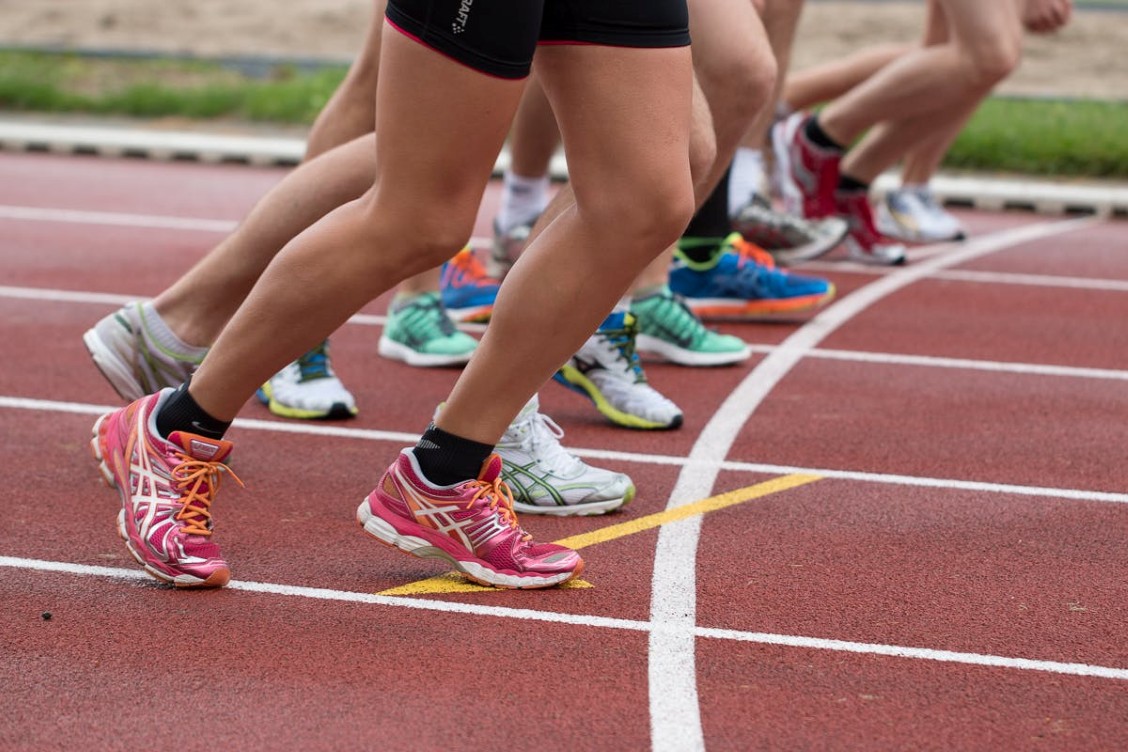
The Importance of a Good Night’s Sleep for Runners
Running is an excellent form of exercise and an immensely popular choice of sport across all ages and genders. Its favourability has risen in recent years thanks to social media, which has paved the way for a 30% rise in younger runners aged 25–29 completing marathons, which historically consisted mostly of adults within the 30–40-year age group.
Apart from social media influence, this rise could also be influenced by the shift in attitudes of Gen Z, which champions fitness and a healthy work–life balance to prioritize well-being.
With its rush of feel-good endorphins, running has proven to strengthen cardiovascular health, boost cognitive function, help with sleep and improve well-being. However, running is also associated with a high risk of injury. A new study published in the Open Access journal Applied Sciences explores whether sleep could be a factor in determining the risk of running-related injury in recreational runners.
The study, conducted by researchers from the Netherlands and Australia, carried out a survey to collect data from 425 recreational runners to identify the association between different sleep profiles and risk of injury. The study is important in understanding how sleep can impact recovery and to educate the public on the importance of sleep, particularly to prevent sport-related injury.
Why humans need sleep
On average, humans spend a third of their lifetime sleeping. But why do we need sleep? And what happens during those mysterious hours of unconsciousness?
The field of sleep science is dedicated to answering these questions. Although there is much that scientists don’t know about sleep, we do know that it is essential for healing and recovery.
Research has revealed the remarkable ability of sleep to promote both physical and cognitive healing. A large portion of physical restoration occurs during the major stages of deep sleep, also known as non-REM sleep. This is the stage at which sleep is the deepest, but the body’s repair mechanisms work diligently during these crucial hours to regenerate tissue and muscles.
In non-REM sleep, critical hormones involved in recovery such as growth hormone is regulated and released. Furthermore, blood flow to the brain is redirected to the muscles. This, together with mechanisms that reduce inflammation, means that muscle regeneration can occur, significantly contributing to recovery and energy restoration.
“Sleep is a vital biological process that allows the body and mind to recover and adapt to the physical and mental demands of training. When sleep is disrupted or insufficient, the body’s ability to repair tissues, regulate hormones and maintain focus diminishes, all of which can increase injury risk.” – Prof. Jan de Jonge, Professor of Work and Sport Psychology and author of the study.
Recent research confirms the importance of sleep for athlete performance and how inadequate sleep can lead to a significant increased risk of injury.
But sleep isn’t just important for professional athletes – it’s also important for people that do sports recreationally to keep well and prevent injury, including recreational runners.
“While runners specifically focus on mileage, nutrition and recovery strategies, sleep tends to fall to the bottom of the list.” – Prof. Jan de Jonge.
The study published in Applied Sciences looks at the link between sleep and its impact on risk of injury in recreational runner.
Inadequate sleep increases risk of injury in runners
The authors of the study collected survey data from 425 Dutch participants on their sleep duration, sleep quality and sleep problems. From this, they carried out latent profile analysis to categorise sleep into four sleep profiles:
- Steady sleepers
- Poor sleepers
- Efficient sleepers
- Fragmented sleepers
The analysis revealed that poor sleepers were ‘significantly more likely to report sports injuries compared to steady sleepers.’ Furthermore, the authors explained that the quantity of sleep was vital, with runners often needing more sleep than the average adult to ensure adequate recovery. Prof. Jan de Jonge explains:
“Sleep quality and sleep duration are both important, but quantity often provides the bedrock. Sleep should be recognized not only as a recovery tool, but also as a potential predictor of injury vulnerability in recreational sports.”
With the importance of sleep often de-prioritized in an age of distraction, this study highlights the immense value of getting a good night’s sleep in boosting recovery and preventing injury.
To learn more about the fascinating field of sleep science, you can read articles published MDPI’s Open Access journal Clocks & Sleep or Applied Sciences. Alternatively, you can browse the full list if MDPI journals, where all research is free to access and read immediately.










